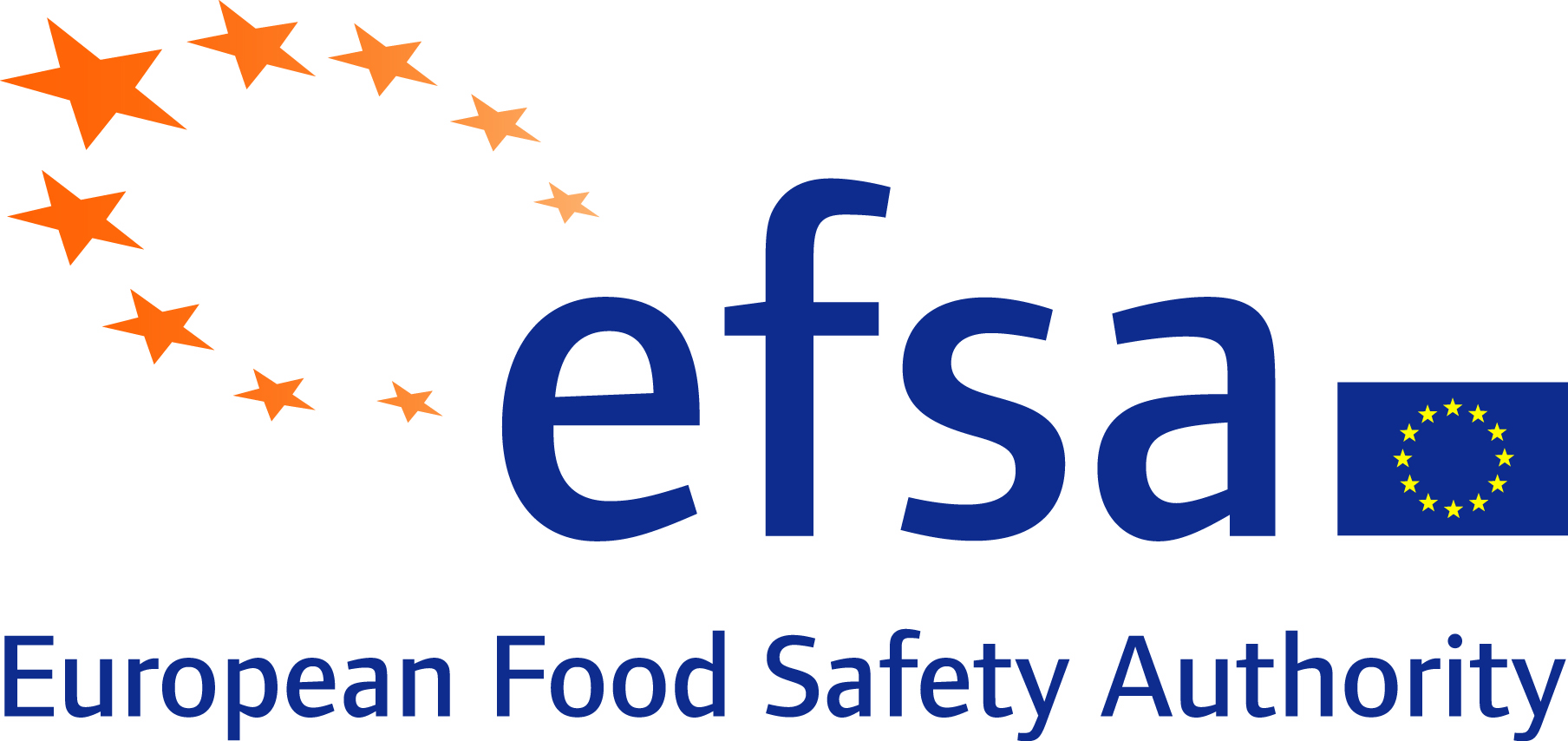EFSA Panel Concludes Styrene is Not Carcinogenic in Draft Opinion, Requests Comments

In a re-assessment of the risks to public health from styrene used in plastic materials and articles intended to come into contact with food, the European Food Safety Authority (EFSA) Panel on Food Contact Materials (FCM) concluded in a Draft Scientific Opinion that “there is no scientific evidence that styrene is genotoxic following oral exposure” and that “the use of styrene in the manufacture of FCM with a Specific Migration Limit (SML) of 40 µg/kg food is not of safety concern.” EFSA has requested that comments on the draft Scientific Opinion be submitted by January 28, 2025. A copy of the Draft Opinion, as well as Annex A and Annex B to the Opinion, can be accessed from EFSA’s announcement of the public consultation.
By way of background, styrene is currently listed on the Plastics Regulation, Commission Regulation (EU) 10/2011, without a specific migration limit (SML) or other restrictions on use. The European Commission asked the EFSA Panel on FCM to re-evaluate the potential genotoxicity of styrene after oral exposure and its safety for use in plastic FCM with a Specific Migration Limit (SML) of 40 ppb. In 2019, the International Agency for Research on Cancer (IRAC) published a monograph, which concluded that styrene and its primary metabolite styrene-7,8-oxide (SO) are classified as “probably carcinogenic to humans.” Because IARC’s determination could affect the listing for styrene on the Plastics Regulation, the European Commission asked EFSA to evaluate whether the evidence examined by IARC could impact the safety of the use of styrene in food-contact materials. In September 2020, EFSA concluded that concern for genotoxicity associated with oral exposure to styrene could not be ruled out and additional data were needed to assess the safety of styrene when used in FCM. In view of the uncertainty regarding the genotoxicity of styrene, the lack of a migration limit, and high migration potential of styrene to food from FCM, the European Commission prepared a draft measure proposing an SML for styrene of 40 ppb, based on the guidance value for styrene in drinking water (a tolerable daily intake (TDI)) by the World Health Organization.
Because the TDI from the WHO pre-dates new scientific information that has been made available since the 2019 IARC determination and EFSA’s 2020 opinion, EFSA carried out a new evaluation to determine whether a 40 ppb limit on styrene in food would be sufficiently protective.
According to EFSA, “A rigorous assessment of the in vivo genotoxicity studies i) provided by third parties, ii) identified by a targeted literature search and iii) reported in the 2019 IARC Monograph was performed.” EFSA determined the studies indicate that styrene has no genotoxic effects following physiological exposure routes, including the oral one. For substances demonstrated to be non-genotoxic, according to the EFSA Note for Guidance for FCM, a SML up to 50 µg/kg food would not be of safety concern. Therefore, the use of styrene in the manufacture of FCM, where styrene has an associated SML of 40 µg/kg food, would not be of a safety concern.
EFSA will host a webinar on January 14, 2025, regarding its re-assessment of styrene’s safety in plastic FCMs (register here by January 10).